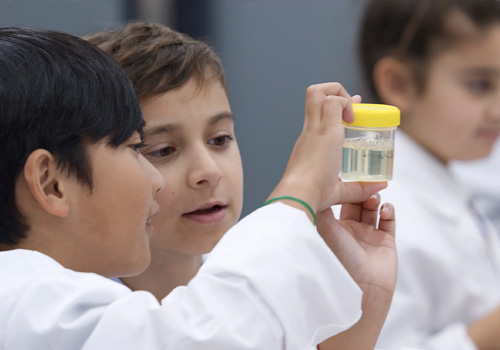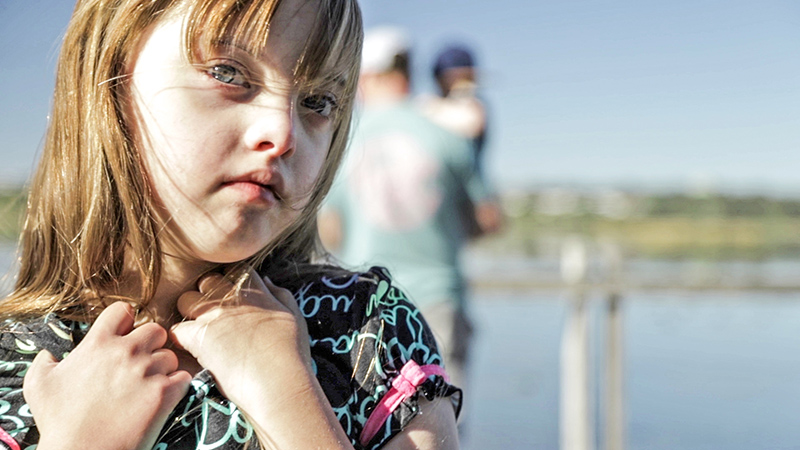Search

The The Kids Community stretches far and wide, and is full of inspiring people, doing inspiring things for child health research.
An online ordering system from Eppendorf, one of The Kids Research Institute Australia’s laboratory equipment and consumables Supply Partners, is proving to be a winner.

Everything you need to book an excursion for homeschool students at the The Kids Discovery Centre.

Everything you need to know to book a home schooler excursion at the The Kids Discovery Centre.

Everything you need to know to book a The Kids 'Meet a Researcher' incursion.

Eight-year-old Mikayla is the miracle child her parents never thought they would have. They’d tried for seven years to have a baby, and when Mikayla was finally born they couldn’t contain their excitement or pride. The fact she had Down syndrome was secondary.
Hear how one bold idea became a world-leading institute for kids’ health.
Research
A phase 3, multicenter, randomized, double-blind, active comparator-controlled study to evaluate the safety and tolerability of V114 in healthy infants (PNEULINK)Jennifer Peter Kent Richmond RN MBBS MRCP(UK) FRACP Clinical Research Manager Head, Vaccine Trials Group Jennifer.Kent@thekids.org.au Clinical
Research
A process and impact evaluation of use of a Powered Wheelchair Standing Device by boys with Duchenne muscular dystrophyGraham Jenny Peter Hall Downs Jacoby BAppSci PhD CRFS FANZSRS FThorSoc FERS BApplSci (physio) MSc PhD BA (Hons) MSc Honorary Research Associate Head,
Research
A randomised-controlled trial of a parent-mediated intervention for managing uncertainty in young children diagnosed on the autism spectrumGail Andrew Videos Alvares Whitehouse Watch and listen to Andrew PhD PhD Principal Research Fellow Deputy Director (Research); Angela Wright Bennett
